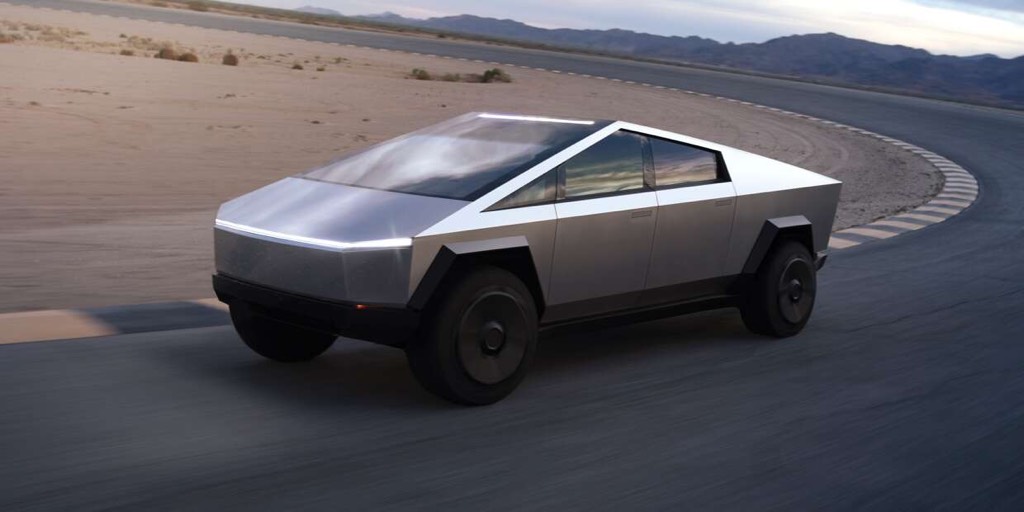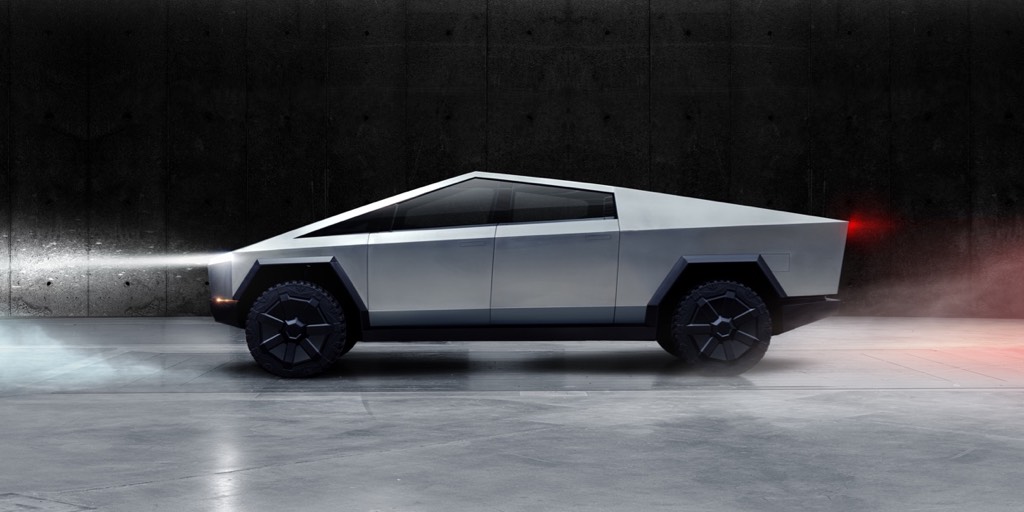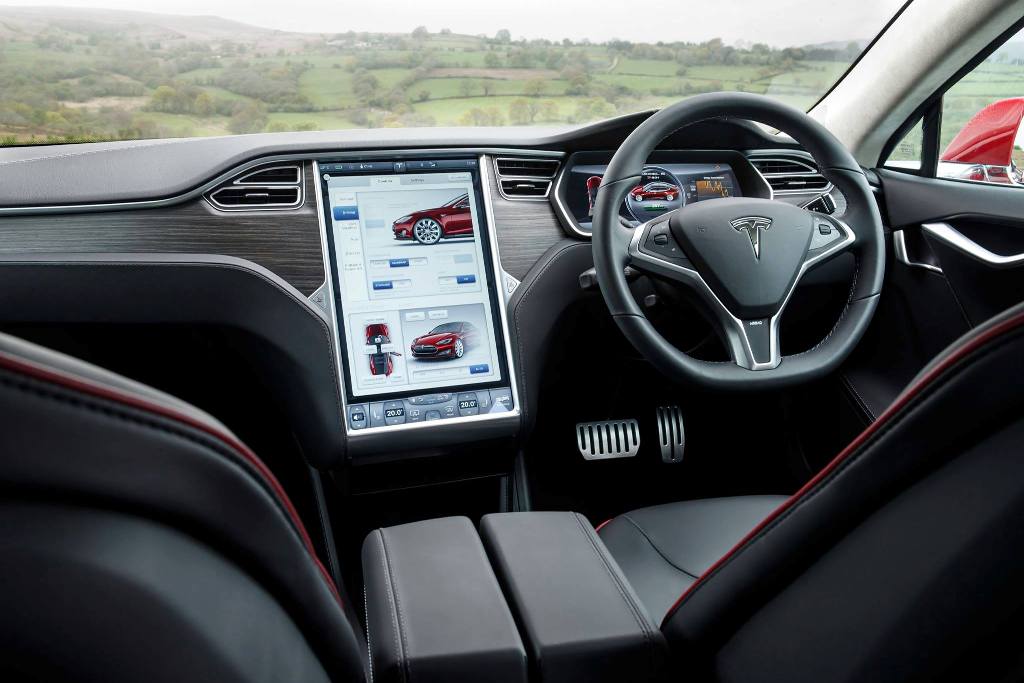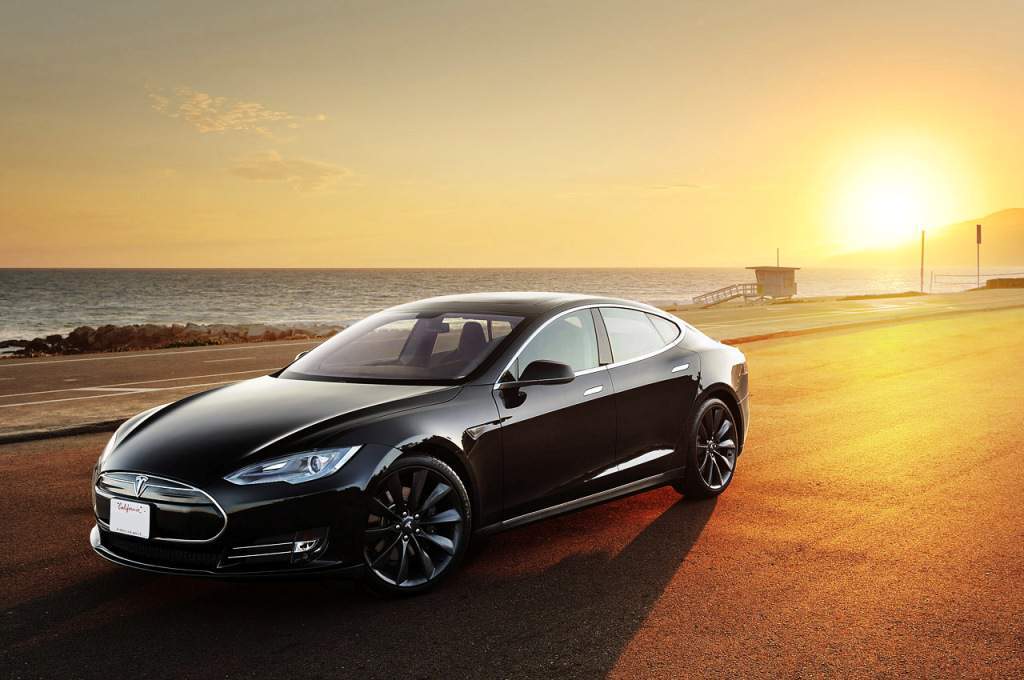
Tesla Cybertruck recalled, 3878 units affected over faulty pedal
Tesla Cybertruck recalled due to concerns over a faulty accelerator pedal pad, according to the U.S. National Highway Traffic Safety Administration (NHTSA). Around 3878 units affected in this recall announcement. The issue revolves around the possibility of the accelerator pedal pad becoming dislodged and potentially getting stuck in the interior trim, which could lead to unintended acceleration and pose a risk of a crash, the auto safety regulator stated in a notice released on Friday.
The recall comes as Tesla continues its efforts to address safety concerns and ensure the reliability of its vehicles. The company, which began deliveries of its Cybertruck electric pickup truck late last year after encountering production challenges and battery-supply limitations, aims to rectify the accelerator pedal assembly issue by replacing or repairing it at no cost to owners. The NHTSA indicated that affected owners would receive notification letters in June detailing the necessary steps for rectification.
Tesla’s stock experienced a decline of nearly 3% before the market opening on Friday, extending its five-session losing streak during which it lost approximately 14% of its value. The recall adds to a series of recent challenges faced by the EV maker, including three recalls affecting around 2.4 million vehicles in the first quarter of 2024, as reported by recall management firm BizzyCar.
Despite the scale of recent recalls, Tesla has historically leveraged over-the-air software updates to address many issues. Earlier this year, the company recalled about 2.2 million vehicles in the United States due to an incorrect font size on warning lights, while U.S. safety regulators escalated their investigation into Tesla’s vehicles over potential power steering loss to the status of an engineering analysis.
The American carmaker is currently scouting showroom locations in Delhi and Mumbai as they plant to enter the Indian market later this year. They will initially import electric vehicles but eventually plan to manufacture future EVs locally in India.




